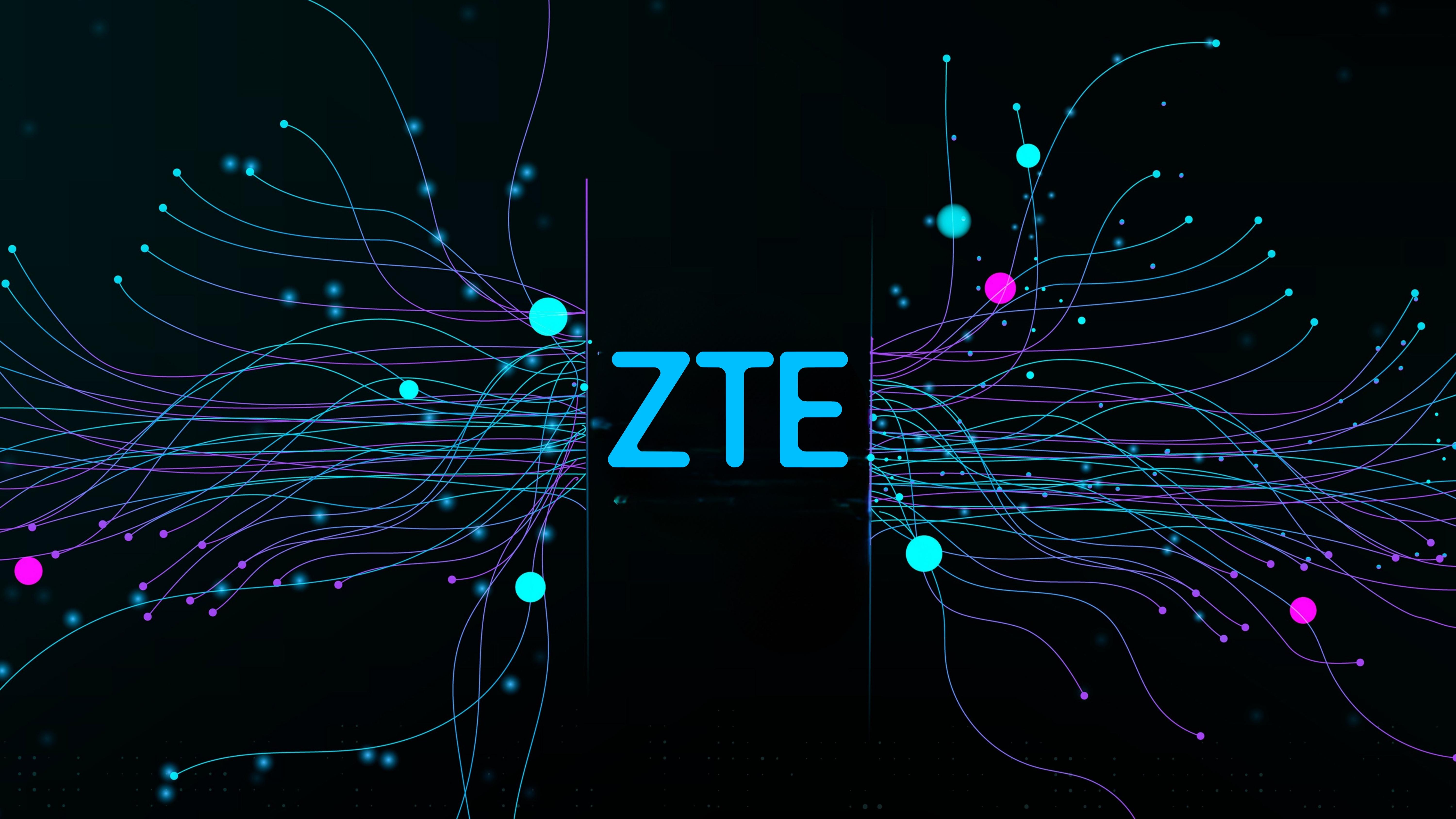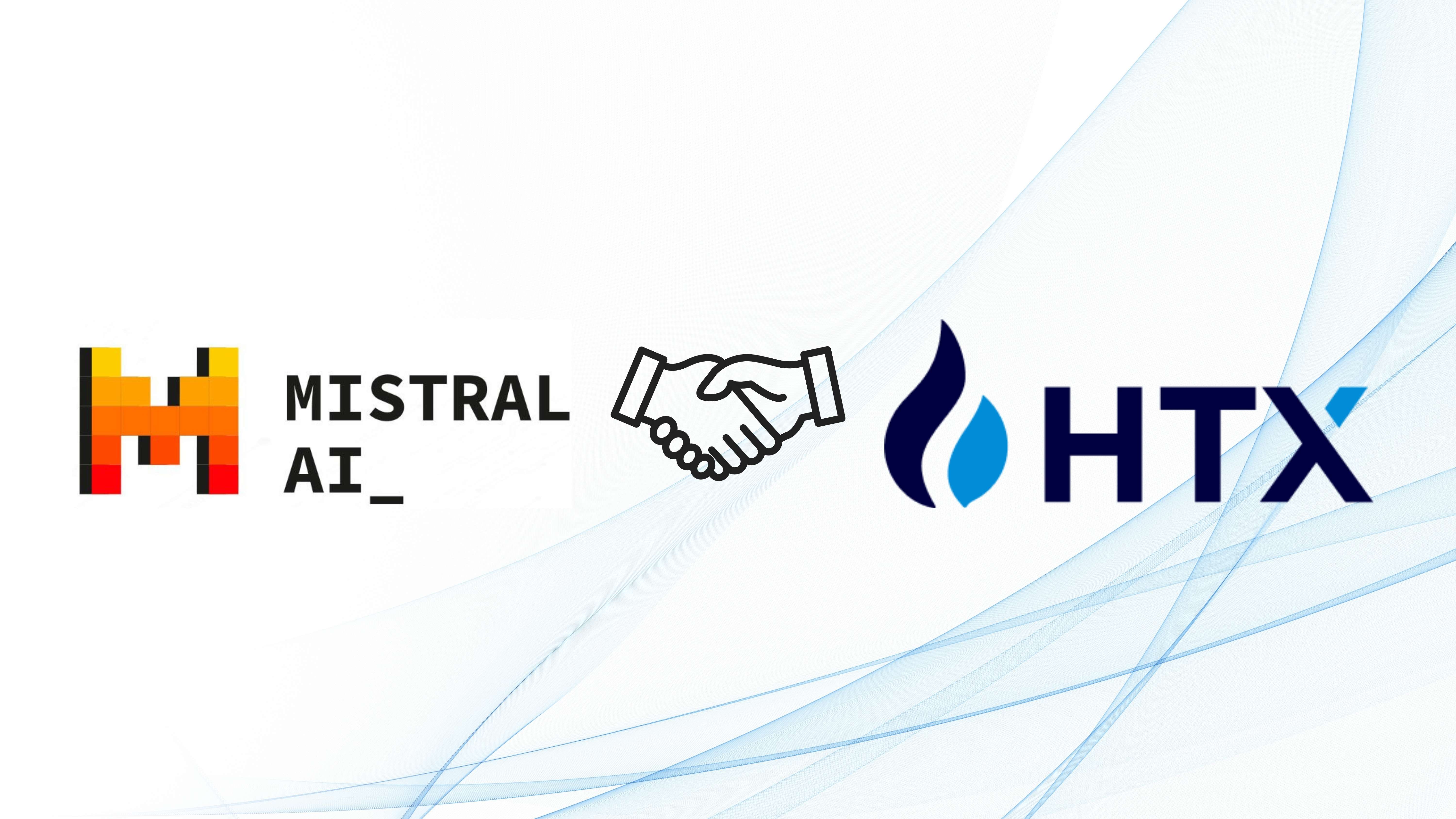ZTE has won the Best Mobile/5G Service Innovation award at the 2025 Global Connectivity Awards for its work on Malaysia’s CelcomDigi dual-network convergence. The project integrates network assets across four regions and six operators, marking the largest deployment of its kind in the country.
The company introduced an intelligent, integrated, and connected management model built on big-data platforms for site deployment, optimisation, and value analysis. Eight smart tools support planning, commissioning, and operations, enabling end-to-end oversight of project delivery and performance.
Phase-one results show a 15 percent rise in coverage, 25 percent faster downloads, higher traffic, and a more than 60 percent reduction in complaints. ZTE also deployed AI-based energy-saving systems to reduce emissions and advance sustainability goals across the network.
The project incorporates talent-building measures by prioritising localisation and working with Malaysian universities. ZTE says this approach supports long-term sector resilience alongside near-term performance gains.
CAPACITY’s Global Connectivity Awards, held in Malaysia, evaluate innovation, execution, and industry impact. ZTE states that it will continue to develop new project management models and partner globally to build more efficient, intelligent, and sustainable communications networks.
Would you like to learn more about AI, tech, and digital diplomacy? If so, ask our Diplo chatbot!










